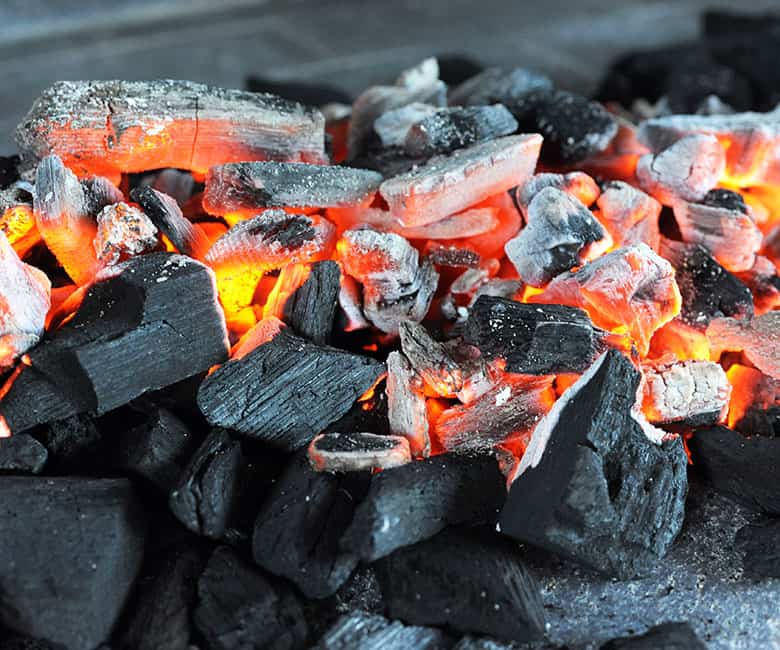Global Issues
The Negative Effects of Charcoal for Cooking and Its Contribution to Climate Change in Northern Nigeria -By Mary Alimu
To mitigate the negative effects of charcoal use for cooking and its contribution to climate change in Northern Nigeria, it is essential to explore sustainable alternatives. Promoting clean cooking technologies like LPG (liquefied petroleum gas), electric stoves, and solar cookers can significantly reduce the environmental impact. Additionally, afforestation and reforestation efforts can help in restoring the region’s lost forests and enhancing carbon sequestration.

Charcoal has been a traditional source of fuel for cooking in many parts of the world, including Northern Nigeria. While it may be an inexpensive and easily accessible energy source, the use of charcoal for cooking has detrimental effects on the environment, particularly contributing to climate change.
One of the most significant negative effects of charcoal production in Northern Nigeria is deforestation. Charcoal is predominantly made from wood, and the demand for charcoal has led to the indiscriminate cutting down of trees. This not only depletes the region’s forests but also results in the loss of valuable biodiversity. The deforestation can disrupt local ecosystems and threaten the survival of plant and animal species.
The process of making charcoal involves burning wood in a low-oxygen environment, which releases carbon dioxide (CO2) and other greenhouse gases into the atmosphere. This contributes to the greenhouse effect, trapping heat in the atmosphere and leading to global warming and climate change. The increased concentration of CO2 in the atmosphere is a significant driver of rising temperatures, which has numerous adverse effects on the climate.
In Northern Nigeria, where charcoal is widely used for cooking, the indoor air quality in many households is compromised. This is because burning charcoal produces a significant amount of indoor air pollution, including particulate matter, carbon monoxide, and volatile organic compounds. Prolonged exposure to these pollutants can lead to respiratory diseases, such as bronchitis and asthma, especially among women and children who spend a significant amount of time near the cook stoves.
The extraction of wood for charcoal production can lead to soil degradation. When trees are removed, the protective canopy and root systems that prevent soil erosion are lost. This can result in reduced agricultural productivity, which is particularly concerning in a region like Northern Nigeria, where agriculture is a primary source of livelihood.
Forests are known to be vital carbon sinks, as they absorb and store carbon dioxide. However, deforestation for charcoal production reduces the capacity of these forests to sequester carbon. This further exacerbates the problem of climate change, as there is less capacity to absorb the excess carbon dioxide in the atmosphere.
To mitigate the negative effects of charcoal use for cooking and its contribution to climate change in Northern Nigeria, it is essential to explore sustainable alternatives. Promoting clean cooking technologies like LPG (liquefied petroleum gas), electric stoves, and solar cookers can significantly reduce the environmental impact. Additionally, afforestation and reforestation efforts can help in restoring the region’s lost forests and enhancing carbon sequestration.
The continued use of charcoal for cooking in Northern Nigeria has serious negative effects on the environment and contributes to climate change. It is essential for policymakers, local communities, and environmental organizations to work together to promote sustainable alternatives and raise awareness about the importance of conserving the region’s forests. By taking proactive measures to reduce charcoal consumption and promote cleaner cooking technologies, Northern Nigeria can mitigate the adverse impacts of charcoal use on the environment and its contribution to climate change.
Mary Alimu from Mass Communication department Borno State University, Maiduguri.




















